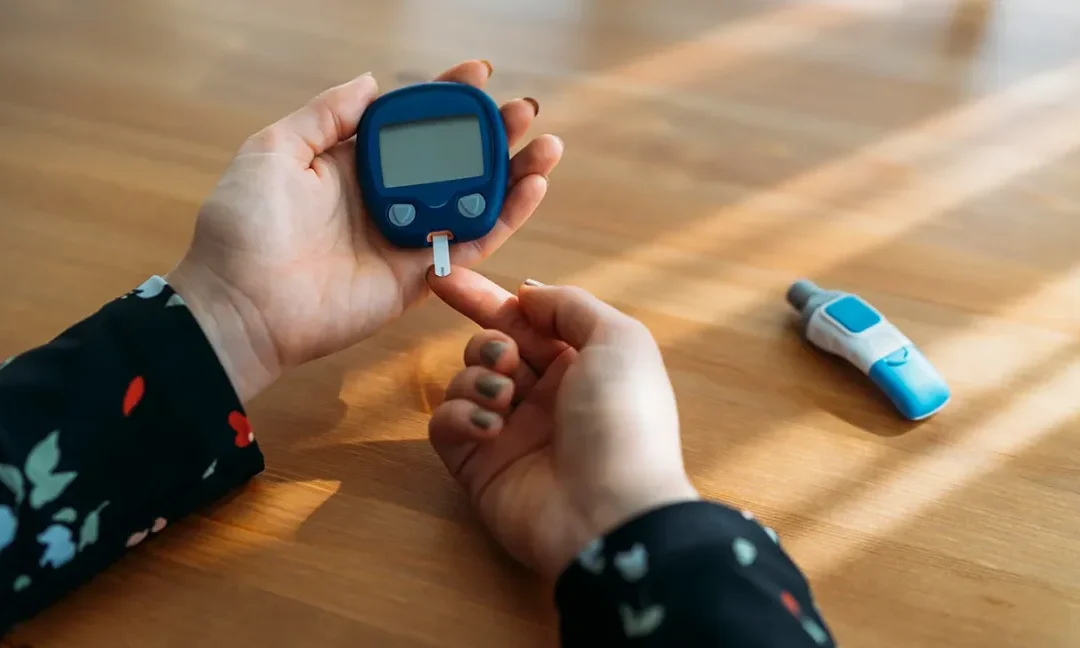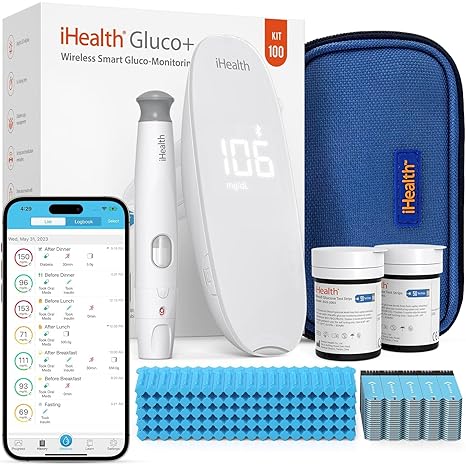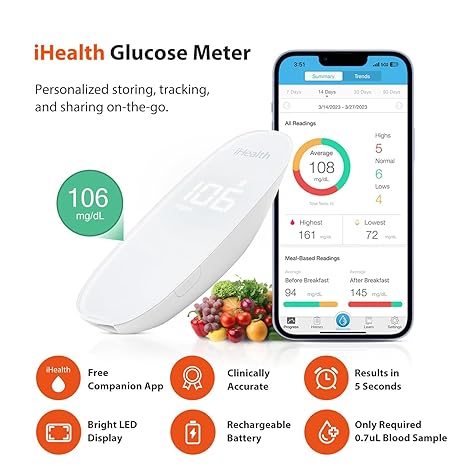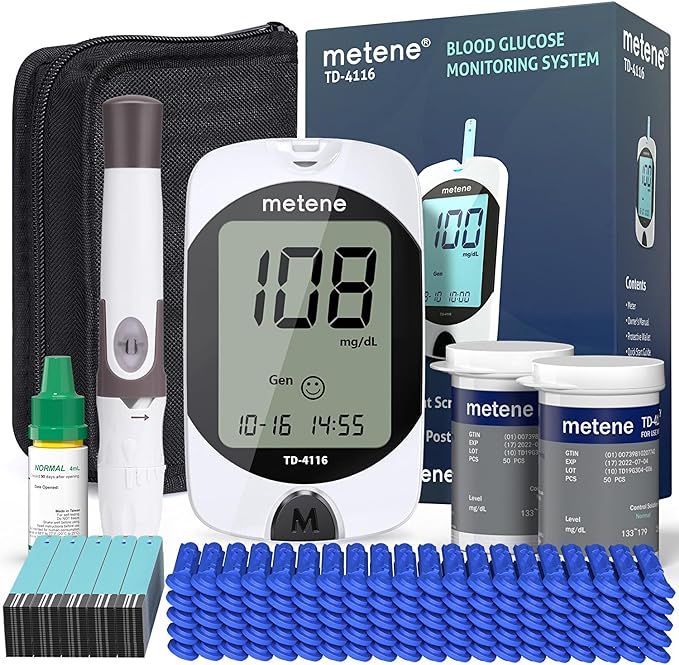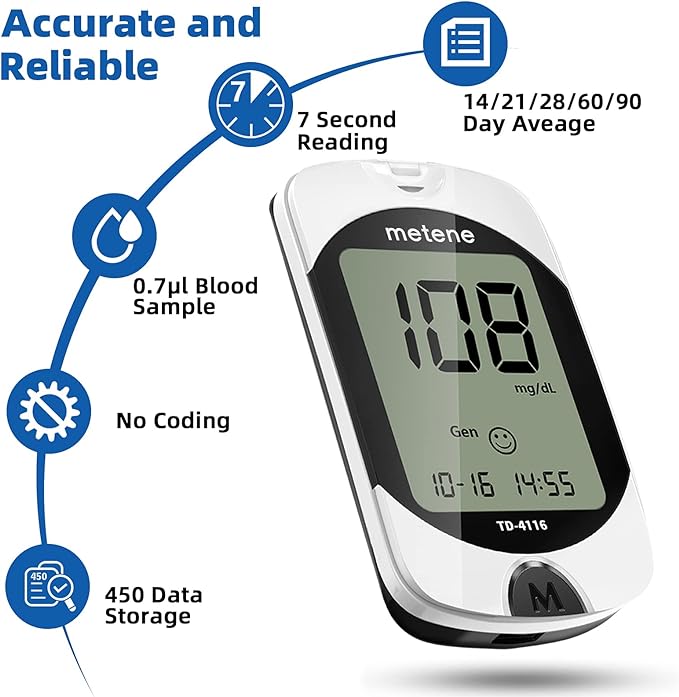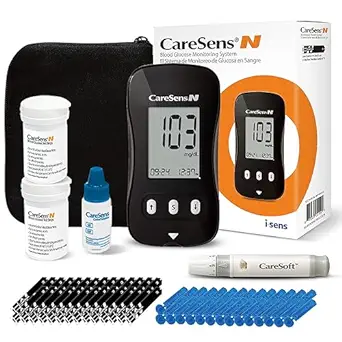The Ultimate Guide to Choosing the Right Blood Glucose Monitor
Choosing the right blood glucose monitor is crucial for anyone managing diabetes, as it greatly influences your ability to maintain optimal blood sugar levels.
With numerous options on the market, it can be overwhelming to determine which device suits your needs.
Here are several key factors to consider when selecting a blood glucose monitor.
1. Type of Monitor
Blood glucose monitors come in several types, including traditional meters, continuous glucose monitors (CGMs), and flash glucose monitoring systems.
Traditional meters require a finger prick to obtain a blood sample, while CGMs provide real-time glucose readings through a sensor applied to the skin.
Flash monitors allow users to scan a sensor to obtain their glucose levels without finger pricks.
Assess your lifestyle and needs to determine which type offers the best convenience and efficiency.
2. Accuracy and Reliability
Accuracy is paramount when it comes to blood glucose monitoring. Look for monitors that are FDA-approved or have been recommended by healthcare professionals.
Various independent organizations conduct accuracy assessments; researching their reviews can provide insight into the reliability of different models.
3. Ease of Use
Consider how user-friendly the monitor is, particularly if you require frequent testing.
Features to look for include a large display screen, an easy-to-navigate interface, and a quick testing process.
Additionally, consider the size of the device and how portable it is if you need to test on the go.
4. Cost and Affordability
The cost of blood glucose monitors can vary significantly. Not only should you factor in the initial purchase price of the meter, but also the ongoing costs of test strips, lancets, and other supplies.
Some health insurance plans may cover portions of these costs, so it’s worth exploring what is available to you.
5. Additional Features
Some blood glucose monitors come with added features that might be beneficial for your diabetes management.
These can include Bluetooth connectivity for syncing with mobile apps, reminders for testing, data tracking over time, and even insulin dosing calculators.
Determine which features align with your needs and preferences.
6. Consult Healthcare Professionals
Before making a purchasing decision, consult your healthcare provider.
They can offer valuable insights on the best devices for your specific situation and might have recommendations based on the latest advancements in technology.
By considering these factors, you can make an informed choice that will aid in effectively managing your blood glucose levels and promote better health outcomes.
Ultimately, the right blood glucose monitor is one that fits seamlessly into your life and empowers you to maintain control over your diabetes.
